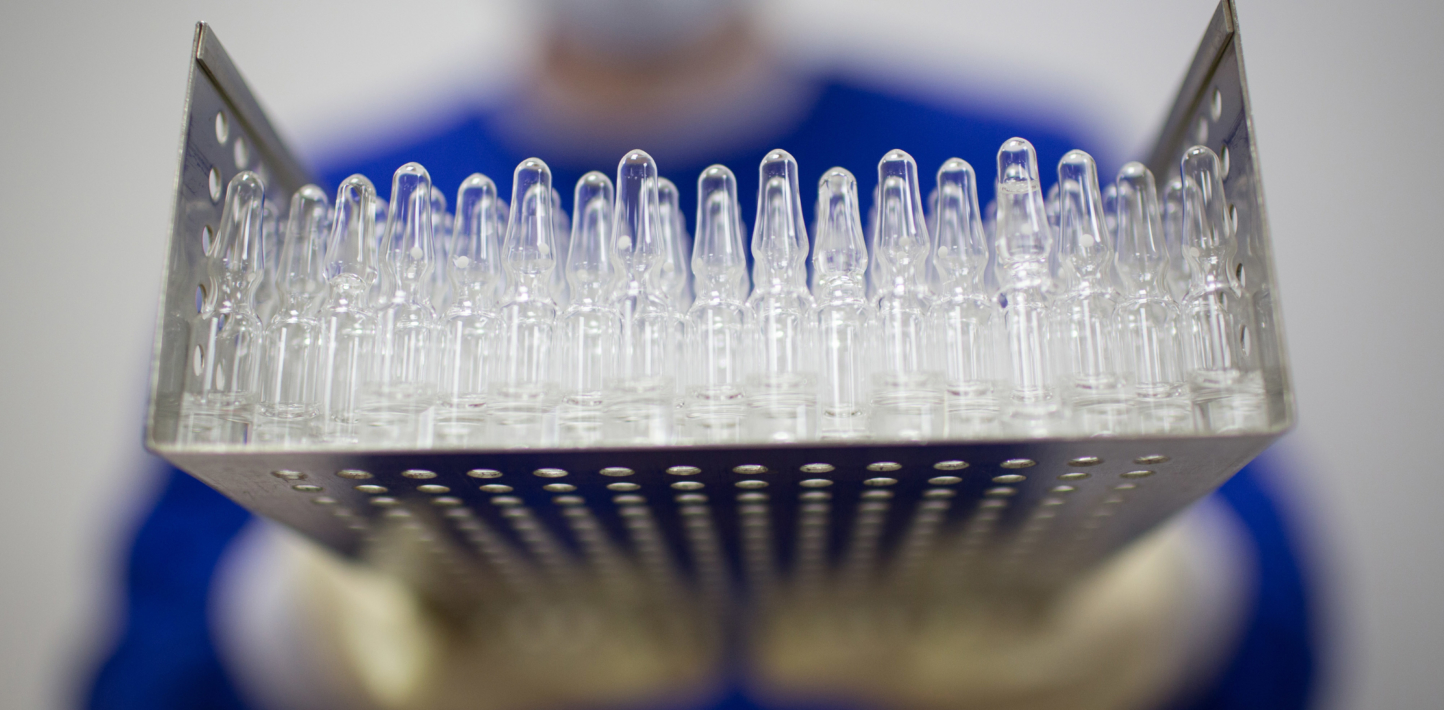Amnesty International calls on the Philippine government to develop and implement policies rooted in human rights to ensure that COVID-19 vaccines in the country are available, accessible and free at point of care, acceptable and of good quality to all people. Several recent developments have raised concerns about the government’s preparedness to ensure that COVID-19 vaccinations are done in a manner that is transparent, non-discriminatory and accountable, with a view to prioritizing those most at-risk and marginalized groups that are particularly vulnerable to COVID-19.
The Philippine vaccine rollout is expected to begin in February 2021, based upon a November 2020 plan that prioritizes frontline health and other essential workers, older adults, people living in poverty and uniformed personnel during the first phase. Frontline workers include health care workers in public and private health facilities, as well as other essential workers in social services, local government and detention facilities. In all, these groups comprise nearly 23% of the country’s population, or some 24 million people.
The national government has announced the allocation of Php 72 billion (USD 1.5 billion) under its 2021 national budget to purchase around 60 million doses of COVID-19 vaccines to cover the first phase of the vaccination plan, and is preparing to purchase more through loans and emergency funds. Several local government units (LGUs) have struck deals with the national government and pharmaceutical companies to buy and administer the vaccine to their constituents. However, it is unclear how the national government will ensure that these LGUs guarantee non-discrimination and the prioritization of marginalized and at-risk groups in their vaccine rollout. Moreover, LGUs that have not yet been able to secure doses for their populations must not be left behind and must be given adequate support to ensure they have sufficient supplies of vaccines.
Within a context in which health care facilities and services have suffered from decades of neglect, the Philippine government must also invest the maximum available resources to strengthen its health system to ensure preparedness for COVID-19 vaccines and continue to deliver other health services. Investments should be made with a goal of building a more robust national health system that can sustainably increase the availability, accessibility, affordability and quality of health facilities, goods and services for all people. This pandemic should be a reminder to the Philippine government to not only update and maintain health care systems, but also recruit and train health workers, and ensure that they receive fair wages and work under acceptable conditions that likewise protect their own health, safety and well-being.
Additionally, public trust in the safety and effectiveness of COVID-19 vaccines is essential for the government to implement an effective national vaccination plan. Amnesty International, however, is concerned that such trust was eroded in December 2020 when the government confirmed that Presidential Security Group (PSG) personnel were administered vaccines as early as September that year, when the Philippine Food and Drug Administration had not yet approved any vaccine as safe and effective. This incident undermined public trust in the government’s fulfilment of its obligation to distribute safe and effective vaccines that have undergone all clinical trials and robust regulatory procedures. It has also called into question the Philippine government’s plan to follow public health and human rights guidance to prioritize those most at-risk. The President’s subsequent order for the PSG to not participate in any inquiries into the use of unapproved vaccines appeared to be a deliberate effort to evade accountability for the decision.
These developments have been taking place amidst reports that many Filipinos are already hesitant to be vaccinated against COVID-19, including particular concerns around the efficacy of the Sinovac Biotech vaccine. It is the government’s obligation to demonstrate that any vaccines distributed are deemed safe and effective through rigorous trials and by objective regulatory agencies, while making such information available in a timely, transparent and accessible manner to build public trust and confidence in the COVID-19 vaccine rollout. Given the sparse information about the vaccine chosen by the Philippine government, Amnesty International reminds the government that for vaccines to be deemed acceptable, scientific benefits must be explained and disseminated in a way that is accurate and understandable, thereby enabling individuals and communities to make informed decisions about their health.


